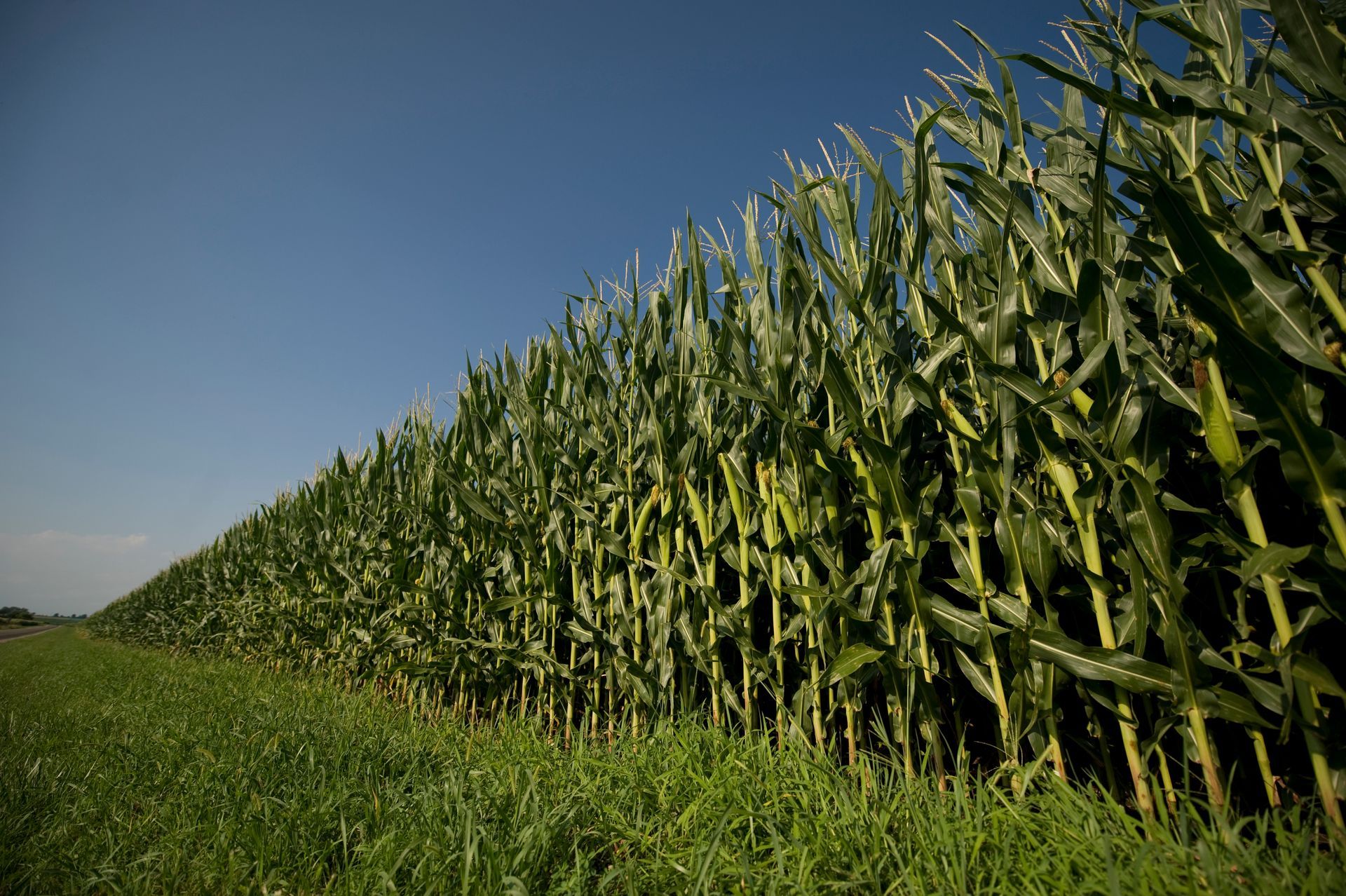Trade Talk: Progress for Farmers
New Foreign Ethanol Policy Expansions and Tariff Rollbacks
Trade deals and tariff negotiations are increasingly critical as farmers conclude the U.S. corn and soybean harvest. With the government open for business again, news of new opportunities could ease profitability pressures as farmers look ahead to the 2026 crop season.
Our partners at the U.S. Grains and BioProducts Council (USGBC) continue to expand global market access for corn and corn-based products. Their checkoff-supported offices in Vietnam and Malaysia are strengthening relationships to grow demand for U.S. ethanol.
Demand for Higher Ethanol Blends
The Viet Nam Ministry of Industry & Trade outlined a new roadmap for ethanol utilization in fuel that will expand to the entire gasoline pool on November 14, 2025.
- Beginning January 1, 2026, fuel distributors are to begin transitioning gasoline to E10, with the current 0 percent ethanol gasoline being required to have 10 percent ethanol by June 1, 2026
- Viet Nam’s total fuel ethanol demand will be 243 million gallons beginning June 2026
- The total export market potential from June 2026 onwards will be approximately 160 million gallons, representing a $300 million export opportunity based on current U.S. ethanol export prices, as Viet Nam currently faces a 5 percent tariff
- Currently, Viet Nam’s gasoline is 80% E0 and 20% E5
The Malaysia Reciprocal Trade Agreement, announced on October 26, 2025, includes the immediate removal of the import duty on U.S. denatured ethanol.
- Malaysia currently consumes 4.5 billion gallons of gasoline per year, making it the second largest gasoline market in Southeast Asia behind Indonesia
- Malaysia also supplies finished gasoline products to Southeast Asia, China, and Australia
Reciprocal Tariffs
President Donald Trump signed an Executive Order modifying the scope of the reciprocal tariffs that he first announced on April 2, 2025. Agricultural products, specifically fertilizers, will no longer be subject to those tariffs.
- Coffee and tea
- Tropical fruits and fruit juices
- Cocoa and spices
- Bananas, oranges, and tomatoes
- Beef
- Additional fertilizers (some fertilizers have never been subject to the reciprocal tariffs)
A fact sheet can be found here.
The November World Agriculture Supply and Demand Estimates (WASDE) released the 2025/2026 corn yield and production estimates that are lower than those in the September report, but not as low as the average trade expectations. Demand for corn is critical for these estimated yield results.
IL Corn will continue to monitor these developments and advocate for corn farmers to benefit from trade deals being made.







